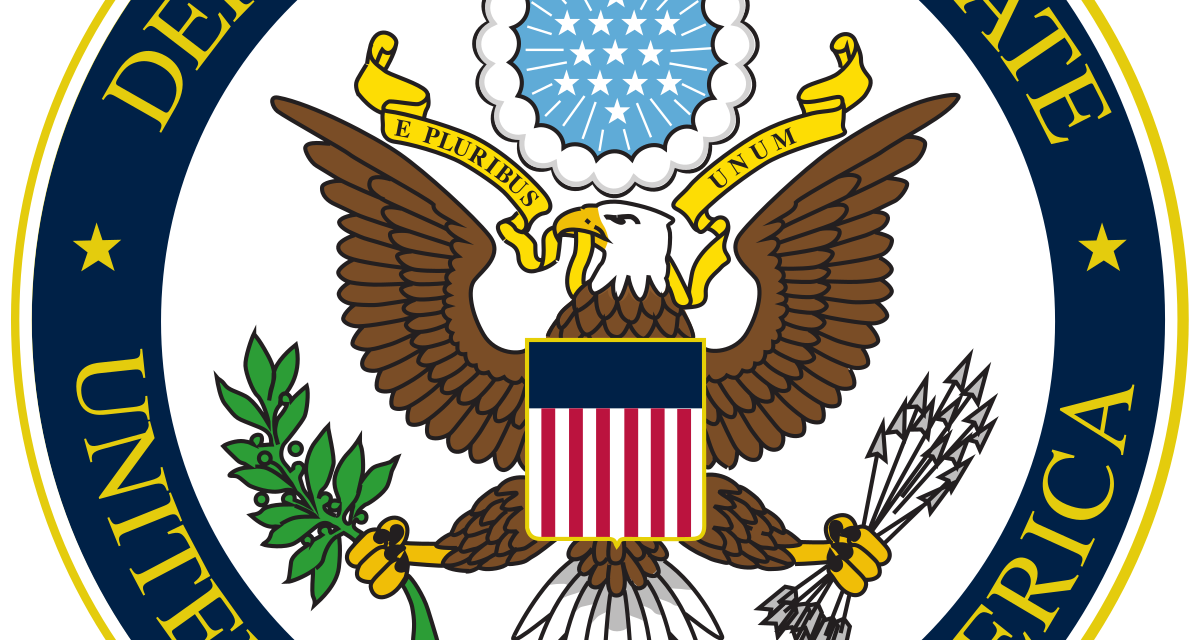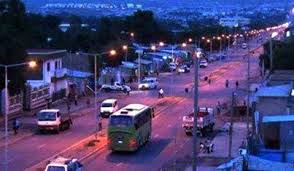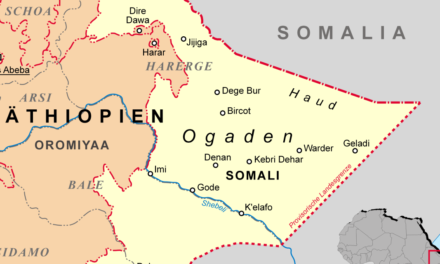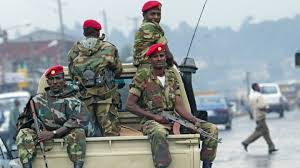Travel AdvisoryJune 7, 2018Ethiopia – Level 2: Exercise Increased Caution
Exercise increased caution when traveling in Ethiopia due to the potential for civil unrest and communications disruptions. Some areas have increased risk. Read the entire Travel Advisory.
Do not travel to:
Somali Regional State due to potential for civil unrest, terrorism, and landmines.
Reconsider travel to:
The East Hararge region of Oromia state due to civil unrest.
The Danakil Depression region in Afar due to crime.
Border areas with Kenya, Sudan, South Sudan, and Eritrea due to armed conflict or civil unrest.
The Government of Ethiopia has restricted or shut down internet, cellular data, and phone services during and after civil unrest. This impedes the U.S. Embassy’s ability to communicate with, and provide consular services to, U.S. citizens in Ethiopia.
The U.S. government has limited ability to provide emergency services to U.S. citizens outside of Addis Ababa.
Read the Safety and Security section on the country information page.
If you decide to travel to Ethiopia:
Monitor local media for breaking events and be prepared to adjust your plans. Be aware of your surroundings. Stay alert in locations frequented by Westerners. Carry a copy of your passport and visa and leave originals in your hotel safe. Have evacuation plans that do not rely on U.S. government assistance.
Enroll in the Smart Traveler Enrollment Program (STEP) to receive Alerts and make it easier to locate you in an emergency.
Follow the Department of State on Facebook and Twitter. Review the Crime and Safety Report for Ethiopia. U.S. citizens who travel abroad should always have a contingency plan for emergency situations. Review the Traveler’s Checklist.
Somali Region
Civilians have been killed and injured in civil unrest along the Oromia-Somali Regional State border and in ongoing military operations against armed groups in the Ogaden and Hararge areas.
Terrorists maintain a presence in Somali towns near the Ethiopian border, presenting a risk of cross-border attacks targeting foreigners.
There are also landmines in this region.
U.S. government personnel may not take personal trips to the Somali region.
Visit our website for Travel to High-Risk Areas.
The East Hararge Region of Oromia State
Demonstrations can occur anywhere with little warning. Civil unrest has resulted in injuries and deaths in parts of Oromia State. Government security forces have used lethal force in response to some demonstrations.
Visit our website for Travel to High-Risk Areas.
The Danakil Depression in Afar
Violent crime, such as armed assault, is common.
The U.S. Embassy in Addis Ababa has restricted travel to Danakil Depression for Embassy personnel.
Border Areas with Kenya, Sudan, South Sudan, and Eritrea
U.S. government personnel may not take personal trips to:
The border areas with Eritrea in the Tigray and Afar regions.
The border with Kenya in the Oromia region.
Gambella (except Gambella City).
Benishangul Gumuz (except Asosa) adjacent to the Sudan border.
U.S. government personnel must travel to Gambella City and Asosa by plane only.
Source : US State Department.





